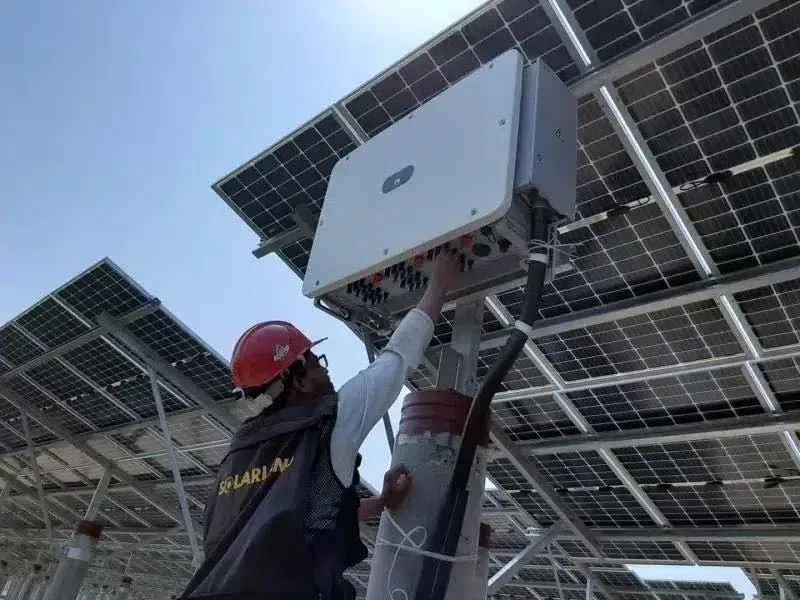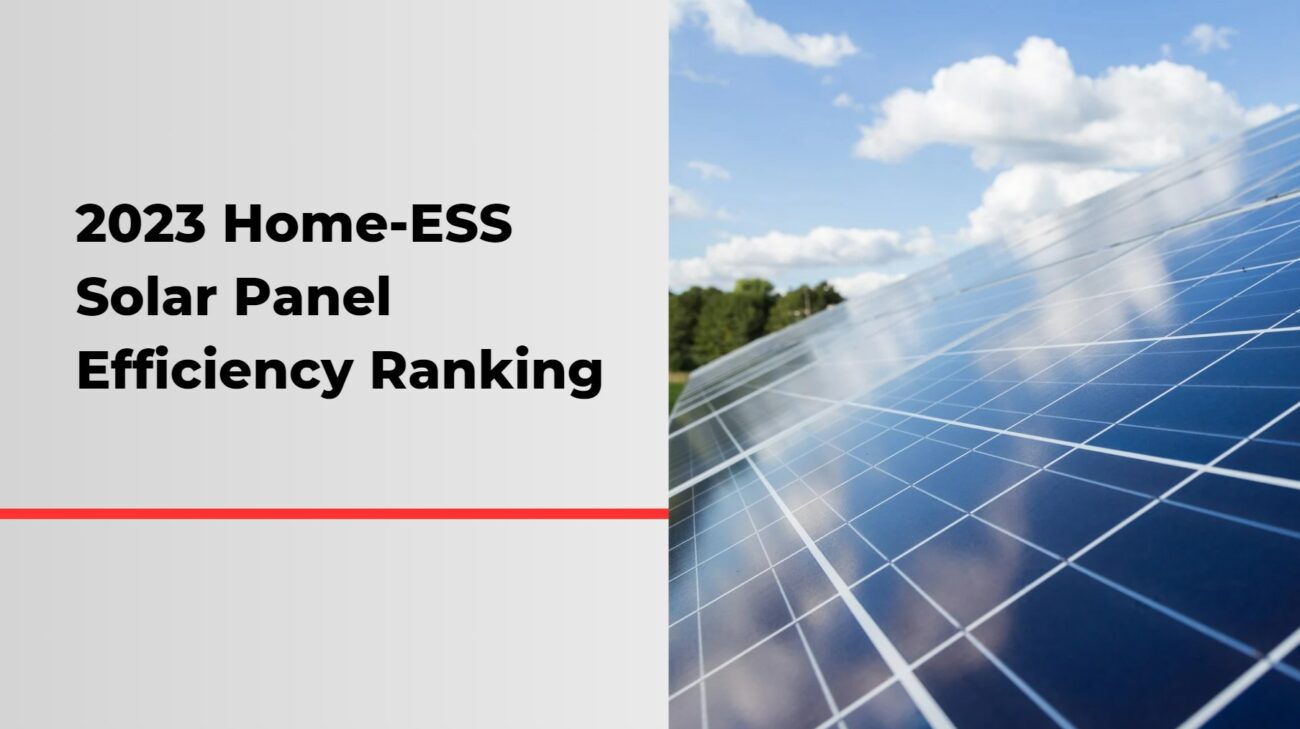In 2024, the average cost of solar panel batteries is expected to range from $6,000 to $23,000, depending on various factors such as capacity and installation specifics. Understanding these costs can help homeowners make informed decisions about integrating battery storage with their solar systems, ultimately enhancing energy independence and savings.
What is the average cost of solar batteries in 2024?
The average cost of a fully installed solar battery system is approximately $18,791 for a 12.5 kWh unit, which can drop to around $10,500 when installed alongside a solar panel system due to shared installation costs. The price per kilowatt-hour (kWh) typically ranges from $720 to $1,050, depending on whether the battery is installed independently or with solar panels.
Chart: Average Cost Breakdown
| Battery Size | Installed Cost | Cost after Tax Credit | Cost per kWh |
|---|---|---|---|
| 6 kWh | $5,040 | $3,528 | $588 |
| 9 kWh | $7,560 | $5,292 | $588 |
| 12.5 kWh | $10,500 | $7,350 | $588 |
| 15 kWh | $12,600 | $8,820 | $588 |
| 18 kWh | $15,120 | $10,584 | $588 |
How do installation costs affect the overall price of solar batteries?
Installation costs significantly impact the total price of solar battery systems. When a battery is installed simultaneously with a solar panel system, many soft costs—such as labor and permitting—are reduced due to efficiencies gained during installation. This can lead to substantial savings compared to installing a battery separately.
Chart: Installation Cost Comparison
| Installation Type | Estimated Total Cost |
|---|---|
| Battery Only | $18,791 |
| Installed with Solar Panels | $10,500 |
What factors influence solar battery prices?
Several key factors determine the price of solar batteries:
- Battery Capacity: Larger capacity batteries typically cost more but provide greater energy storage.
- Battery Chemistry: Lithium-ion batteries are generally more expensive than lead-acid options but offer better performance and longevity.
- Brand and Model: Different manufacturers have varying pricing based on technology and reputation.
- Market Conditions: Supply chain issues and material costs can also influence pricing.
Chart: Factors Influencing Battery Prices
| Factor | Influence on Price |
|---|---|
| Battery Capacity | Higher capacity = higher cost |
| Chemistry | Lithium-ion > Lead-acid |
| Brand Reputation | Established brands = higher cost |
| Market Fluctuations | Supply chain impacts pricing |
Why are lithium-ion batteries more popular than lead-acid batteries?
Lithium-ion batteries have become the preferred choice for solar energy storage due to their superior energy density, longer lifespan (up to 15 years), and higher depth of discharge (DoD). In contrast, lead-acid batteries typically last only about 5-7 years and have a lower DoD (around 50%), making them less efficient for daily use.
Chart: Comparison of Battery Types
| Feature | Lithium-Ion | Lead-Acid |
|---|---|---|
| Lifespan | Up to 15 years | 5-7 years |
| Depth of Discharge | Up to 90% | Around 50% |
| Energy Density | Higher | Lower |
What financial incentives are available for solar battery installations?
Homeowners can take advantage of various financial incentives that significantly reduce the upfront costs of installing solar batteries:
- Federal Tax Credit: The Residential Clean Energy Credit allows homeowners to deduct 30% of the total installation cost from their federal taxes.
- State Incentives: Many states offer additional rebates or tax credits for renewable energy installations.
- Utility Programs: Some utility companies provide incentives for energy storage systems that help manage grid demand.
Chart: Financial Incentives Overview
| Incentive Type | Description |
|---|---|
| Federal Tax Credit | 30% deduction on total installation cost |
| State Rebates | Varies by state; often significant savings |
| Utility Incentives | Payments or credits for participating in demand response programs |
Latest News
As of early 2024, the market for solar panel batteries continues to grow rapidly due to decreasing prices and increasing demand for renewable energy solutions. Recent reports indicate that advancements in battery technology are expected to further drive down costs while improving efficiency, making it an opportune time for homeowners to invest in energy storage systems.Editor Comment
“The evolution of solar battery technology is making sustainable energy solutions more accessible than ever,” says Dr. Michael Reynolds, an expert in renewable energy systems. “With significant financial incentives available and falling prices, now is an ideal time for homeowners to consider integrating battery storage into their energy strategies.”





